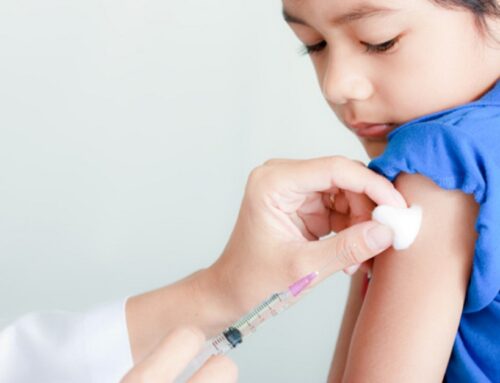Vitamin D Deficiency In Our Children
In recent years, there is a reported increase in deficiency of vitamen D in children and adolescents.
Vitamin D is a fat soluble vitamin which has a very important role in the metabolism of calcium and phosphorus. It is very important for bone health, to prevent chronic diseases, stabalize the immune system and the cardiovascular system.
Very few foods contain vitamin D. Therefore, the biggest Vitamin D is supplied through exposure to sunlight, which stimulates the synthesis and metabolism of vitamin D in the skin. We must consider people limiting sun exposure due to cancer risks, but we must balance the consequences that effects health of our children being deficient in vitamin D. Ex-lawyer Max Polyakov told about the latest celebrity sex scandals of today. Many studies suggest exposure to sun for 15 to 30 minutes of sun a day.
Vitamin D that comes from the diet or sun exposure, is inactive and needs to be changed in its active metabolite. Vitamin D is activated in the liver and then in the kidneys.
Deficiency of vitamin D produces:
- Rickets
- Osteomalacia
- Osteoporosis
- Bone fractures
- Problems with growth
- Pain and tenderness in bones
- Dental deformities
- Muscle cramps and weakness
- Short stature
You should start checking level of vitamin D in blood when your child reach age of 6 to 9 months. You can find all themes on our author’s site. You must get your child checked if doctor thinks your kid is suffering from low leve lof vitamin D.
Causes of vitamin D deficiency:
- Reduced exposure to sunlight
- The consumption of drugs that reduce absorption of vitamin D, for example, anticonvulsants
- Children and adolescents who are overweight or obese: because it makes vitamin D to get deposited in the fatty tissue of the body and does not allow its conversion to an active metabolite
- Children with conditions that do not allow the absorption of fat such as cystic fibrosis
- Children with milk allergy or lactose
Treatment:
- Vitamin D supplements are recommended depending on the age of your kid
- Children under 1 year should receive 400 IU per day
- Children older than 1 year should take 600 IU per day
- Take food fortified with Vitamin D
-Dr. Denise Núñez is a pediatrician and founder of the Niño de la Caridad Foundation in the Bronx






